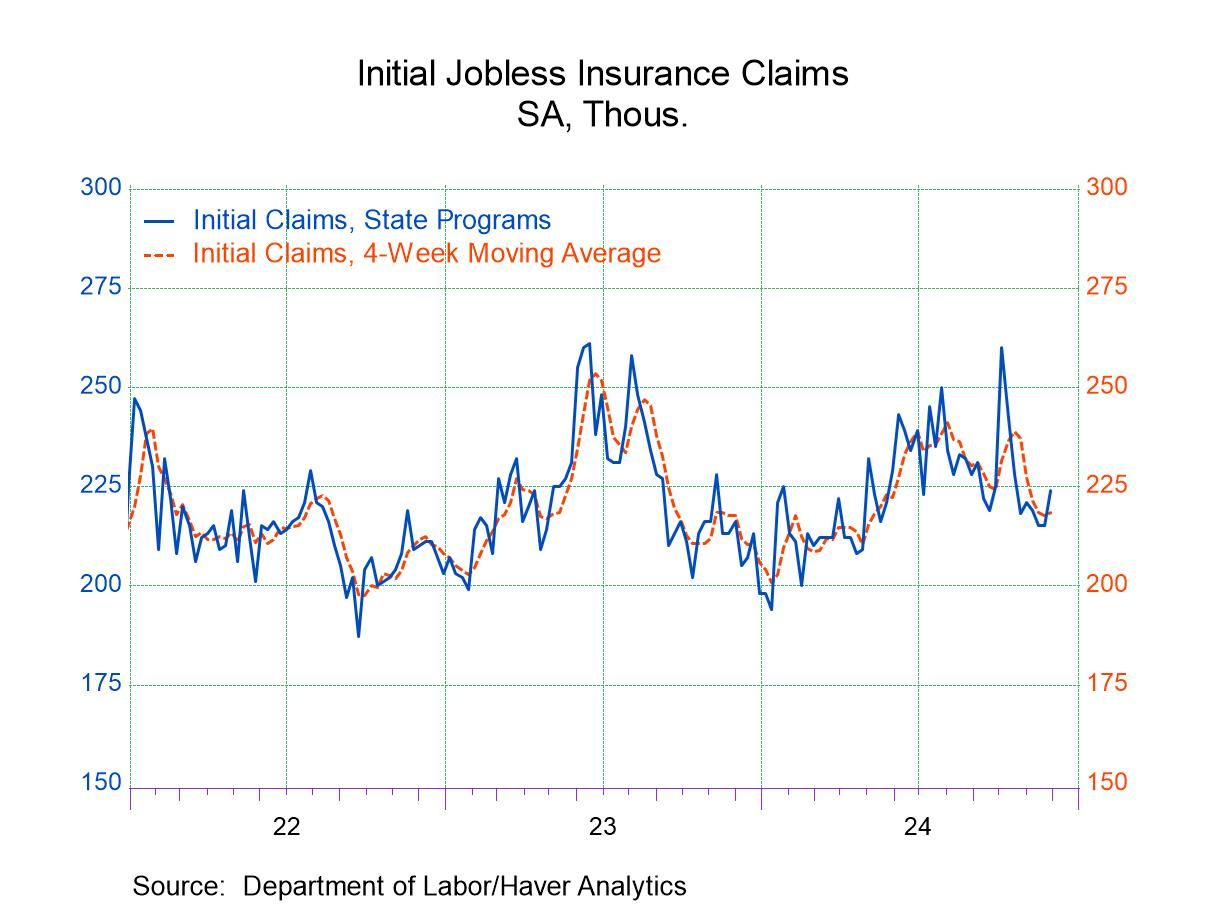US jobless claims rose to a six-week high last week, but remain near the lows of recent history, which suggests the outlook for the labor market is still relatively upbeat. The number of Americans filing for unemployment benefits increased to 224,000 on a seasonally adjusted basis, the highest since mid-October.
China’s ban on key high-tech materials could have a broad impact on industries. “Critical mineral security is now intrinsically linked to the escalating tech trade war,” Gracelin Baskaran and Meredith Schwartz of the Center for Strategic International Studies wrote in a report on Beijing’s decision. China’s export ban targets key materials used for producing a wide range of products, including smartphones, electric vehicles, radar systems and CT scanners. Beijing’s export restrictions are a response to Washington’s expanded export controls to include dozens of Chinese companies that make equipment used to produce advanced computer chips.
Investors poured nearly $140 billion into US equity funds since the Nov. 5 election, fueled by expectations that Donald Trump’s administration will bring tax cuts and deregulation that will boost profitability for corporate America. The investments for November mark the busiest month of inflows on record since 2000, according to EPFR, a data provider. “The growth agenda that Trump is putting on the table is being fully embraced,” says Dec Mullarkey, managing director at fund manager SLC Management.
Eight members of the OPEC+ alliance of oil exporting countries announced delays in increasing oil production. Key factors for the decision: weaker than expected demand for crude oil and competing production from non-OPEC countries.
The US The US trade deficit narrowed sharply in October, due to a decline in imports by the most since late-2022. The shift suggests that trade may be a positive factor for US economic growth in the fourth quarter.

